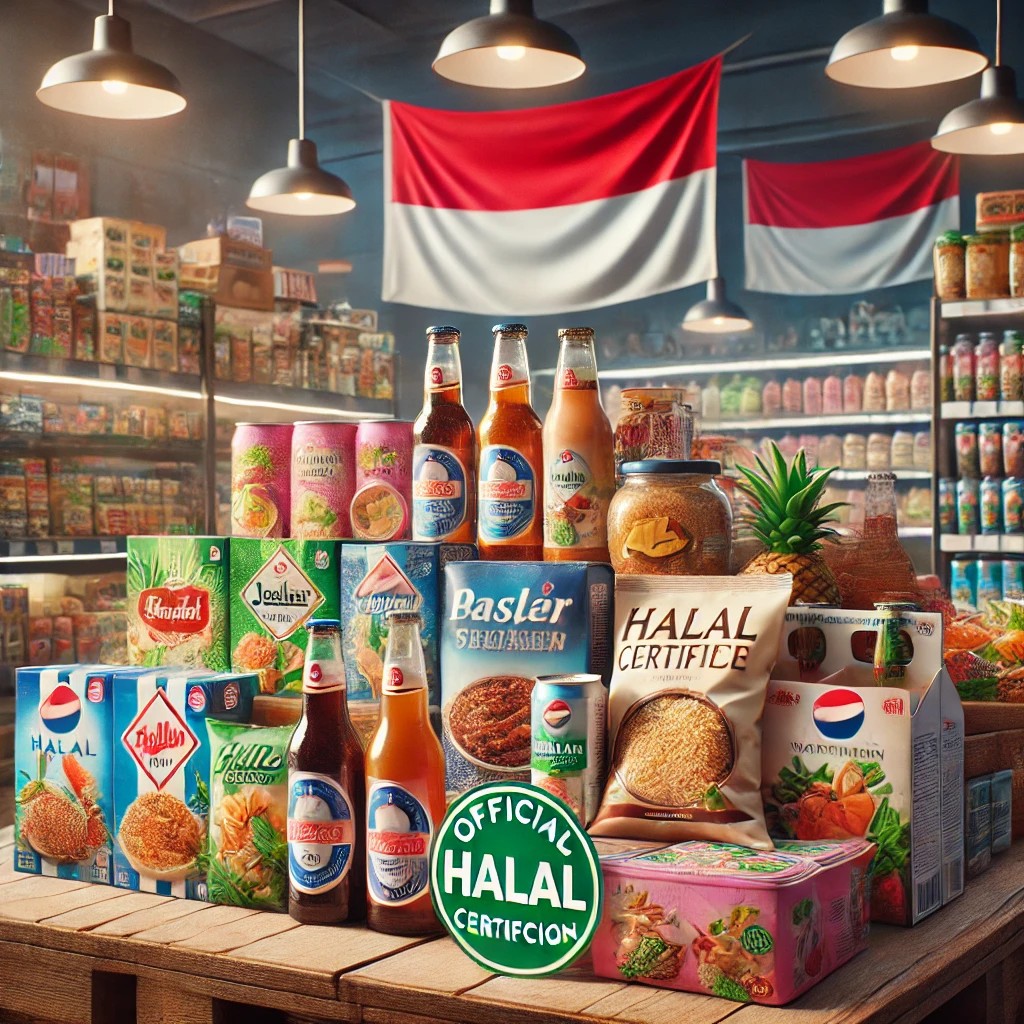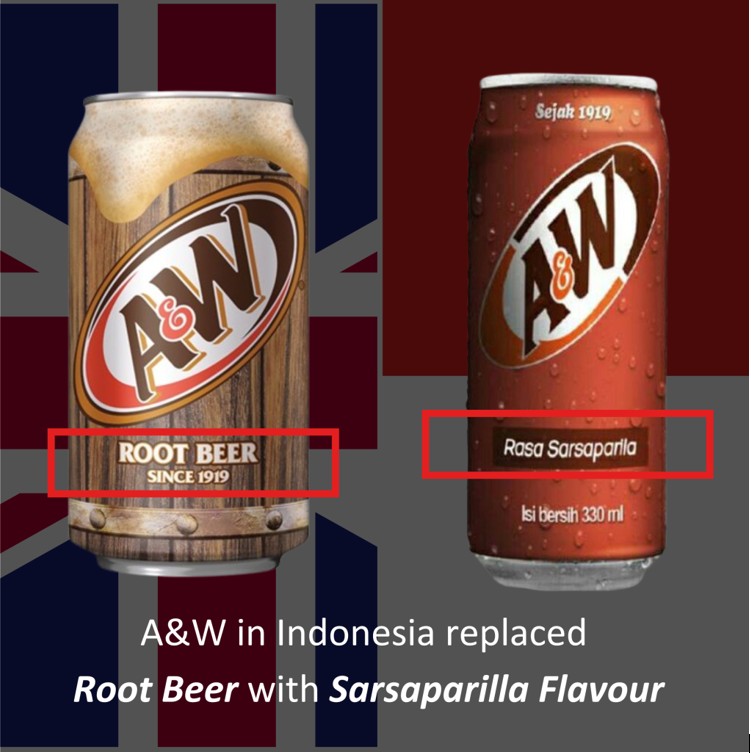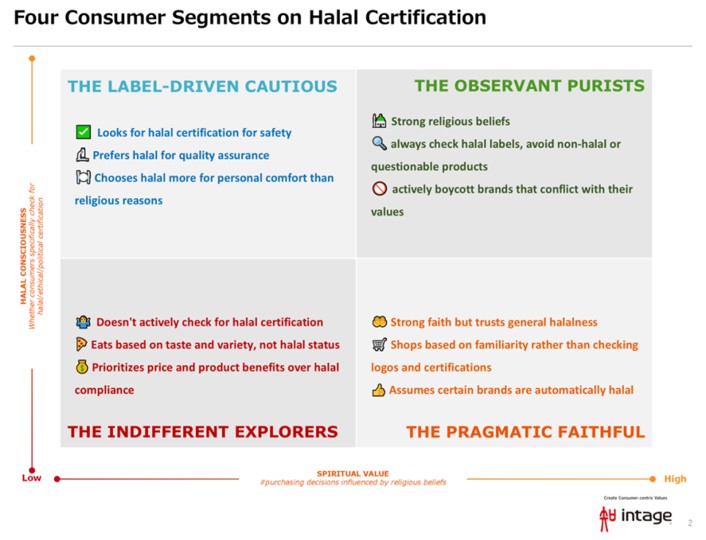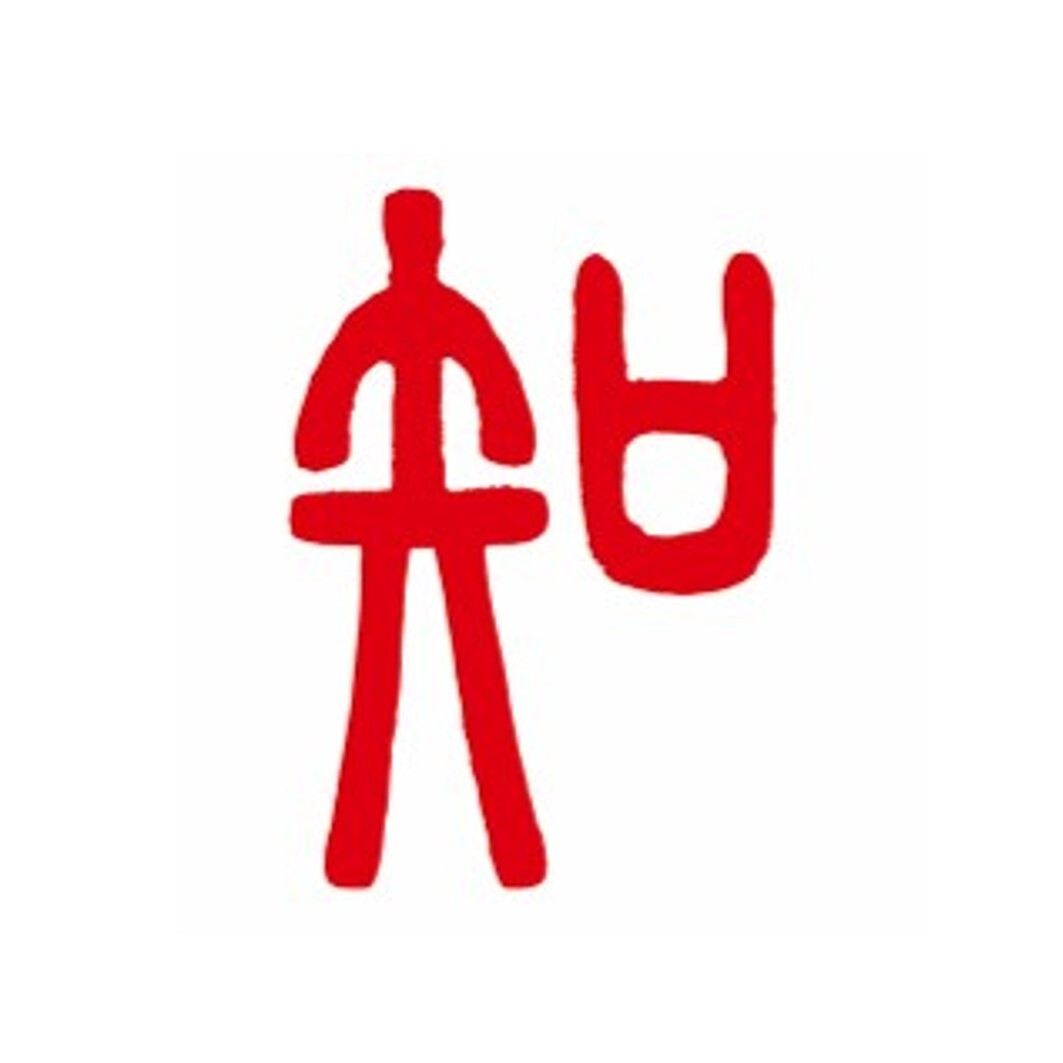Halal Playbook: 4 Surprising Types of Indonesian Middle-class Muslim You Should Know
- Release date: Mar 21, 2025
- 6044 Views
Eid*1 is around the corner, and for brands, that means one thing—halal matters more than ever.
But do you really know how Indonesian middle-class Muslims think about halalness? Spoiler: it’s not one-size-fits-all. From the skeptics to the purists, understanding these four distinct consumer types could make or break your strategy this season.
1 Eid al-Fitr. It is celebrated by Muslims worldwide because it marks the end of the month-long dawn-to-dusk fasting of Ramadan.

Unpacking Muslim Consumer Consciousness
Indonesia is the home to over 247 million Muslim in Indonesia. Indonesia has the largest Muslim population in the world. However, it is not an Islamic country, meaning religious practices—including halal consumption— are shaped more by cultural habits, market forces, and personal beliefs. State enforcement has less influence on them.
As a result, halal-consciousness varies widely, influencing everything from food choices to financial products. For businesses, this creates both an opportunity and a challenge. They need to understand just how much halal matters to different segments of Indonesian consumers. This is especially important for international brands entering Indonesian markets.
Halal Beyond a Label
Halal means “lawful" or "permitted” as determined by Quran and Hadith. Products are considered halal unless they contain ingredients prohibited by the Quran and, thus, are considered as ‘haram’ or impermissible. The Quran defines impermissible food items and substances, such as pork and its by-products, alcohol, and any other intoxicating substances.
Even though Muslim is 87% Indonesia population, consumers' compliance on halal consumption is not mandatory. Instead, it is the business that need to comply with Indonesia's halal certification requirement.
This halal certification is released by BPJPH, Badan Penyelenggara Jaminan Produk Halal (The Halal Product Assurance Organizing Body). This is under the auspicious of The Ministry of Religious Affairs of the Republic of Indonesia, that takes over the functions previously managed by the Majelis Ulama Indonesia (Indonesia Ulema Council, MUI).
Halal Inside Outside
The compliance timeline for the initial tranche of products, originally slated for 17 October 2024, has been postponed to provide foreign exporters with additional time to align with Indonesia's halal certification requirements. The precise new deadline for mandatory compliance has yet to be established. However, authorities indicate it will not extend beyond 17 October 2026.
It is understandable that when you hear the word halal then what comes to mind is food and beverage. However, this concept apply to almost every aspect of every aspect of their lives, including refrigerators, cooking utensils, tissues, socks, paper, wall paint, adult diapers, and other consumer goods.
The concept is limited to the ingredients. It is also how the product was made, how the kitchen utensils and machines cleaned, until how the product is communicated to consumers.
The carbonated drink A&W Root Beer is one interesting case. Although A&W doesn't contain alcohol, A&W in Indonesia did not get halal certification because it has the "beer" word in their communication. The brand, then, remove "root beer" and communicate it as a "sarsaparilla drink".

How They Spot Halal vs. Non-Halal
Indonesian consumers have a knack for sniffing out halal products. The halal logo is the easiest giveaway, but they’ve got other tricks up their sleeves.
For food stalls, they’ll ask the seller, check ingredients, or even look for hijab-wearing patrons as a sign of halal credibility. Packaged foods get a thorough once-over for pork or alcohol content. And for cosmetics, they’ll Google before they buy, ensuring no animal-derived ingredients or alcohol are lurking in the formula.
Does the Halal Logo Seal the Deal?
Here’s the kicker: the halal logo isn’t always the deal-breaker. For packaged food, it’s non-negotiable. But for restaurants, a missing logo isn’t a deal-breaker—consumers will just ask about the ingredients. Cosmetics? The logo is nice to have, but not a must. And electronics? Let’s just say no one’s losing sleep over whether their laptop is halal-certified.

Understanding the Four Halal Consumer Segments in Indonesia
To truly grasp how Indonesian Muslims approach halal products, we interviewed some Intagers in our Indonesia office to break down consumers into four distinct segments based on their attitudes toward halal certification. Each group has its own priorities, and understanding these can help exporters tailor their strategies effectively.
1. The Label-Driven Cautious:
o Who They Are: These consumers look for halal certification primarily for safety and personal comfort rather than strict religious adherence.
o What They Do: They prefer products with halal labels but are more concerned about the assurance of quality and safety than the religious aspect.
o Key Insight: For this group, the halal logo is a trust signal, but it’s not necessarily tied to deep religious beliefs.
2. The Observant Purists:
o Who They Are: These are the most religiously committed consumers who strictly adhere to halal guidelines.
o What They Do: They always check for halal labels and avoid any products that are questionable or non-halal. They are also willing to boycott brands that conflict with their values.
o Key Insight: For this segment, halal certification is non-negotiable, and they are highly vigilant about ensuring compliance.
3. The Indifferent Explorers:
o Who They Are: These consumers have strong faith but tend to trust the general halalness of products without actively checking labels.
o What They Do: They shop based on familiarity and assume that certain brands are automatically halal. They are less likely to scrutinize certifications.
o Key Insight: This group relies on brand reputation and general market practices rather than explicit halal labeling.
4. The Pragmatic Faithful:
o Who They Are: These consumers balance their religious beliefs with practical considerations.
o What They Do: They consider halal certification important but also weigh other factors like price, quality, and product benefits in their purchasing decisions.
o Key Insight: While they value halal compliance, they are also pragmatic and willing to make trade-offs based on other product attributes.
Think of these four consumer segments as the Avengers of the halal market—each with their own superpowers and quirks. The Label-Driven Cautious are like Iron Man, relying on tech (or in this case, labels) for safety and comfort. The Observant Purists are Captain America, unwavering in their principles and ready to boycott anything that doesn’t align with their values. The Indifferent Explorers are more like Thor—mighty in faith but trusting their instincts (and familiar brands) to guide them. And the Pragmatic Faithful? They’re the Black Widow of the group, balancing religious devotion with a sharp eye for practicality.
Understanding these segments isn’t just about knowing your audience—it’s about knowing how to woo them. For exporters, this means you can’t just slap a halal logo on your product and expect a standing ovation. You need to know whether your target consumer is a label-hunter, a purist, an explorer, or a pragmatist. Because in the end, the halal market isn’t a monolith—it’s a mosaic of preferences, priorities, and purchasing habits.
Conclusion
So, what’s the takeaway for potential exporters eyeing Indonesia’s halal market? First, halal matters, but not always in the way you might think. For some, it’s a religious imperative; for others, it’s a nice-to-have safety net. Second, know your audience. Are you catering to the cautious label-seekers, the purists, the explorers, or the pragmatists? Each group has its own playbook, and understanding that can make or break your market entry.
And finally, don’t underestimate the power of the halal logo, but don’t overestimate it either. While it’s a must for packaged foods and a nice bonus for cosmetics, it’s not the be-all and end-all for every product category. Indonesian Muslims are savvy consumers—they’ve got their own ways of ensuring what they buy aligns with their values, whether that’s checking ingredients, asking sellers, or just trusting their gut.
In short, cracking the halal market in Indonesia isn’t just about following the rules—it’s about understanding the players. So, do your homework, tailor your approach, and maybe even conduct a little market research. Because in the world of halal, it’s not just about being lawful—it’s about being smart. And who knows? With the right strategy, you might just become the next big thing in Indonesia’s booming halal economy.
-

Author profile
Stefani Renata
***
-

Editor profile
Tika Widyaningtyas
Senior Research Manager
Tika joined Intage Group Indonesia in September 2024, bringing over a decade of market research expertise, specializing in FMCG, Skin Care, and Personal Care. When she’s not diving into data, she’s either lost in a book or volunteering to empower women in data, tech, and digital as the lead for She Loves Data Indonesia.
 Global Market Surfer
Global Market Surfer CLP
CLP
